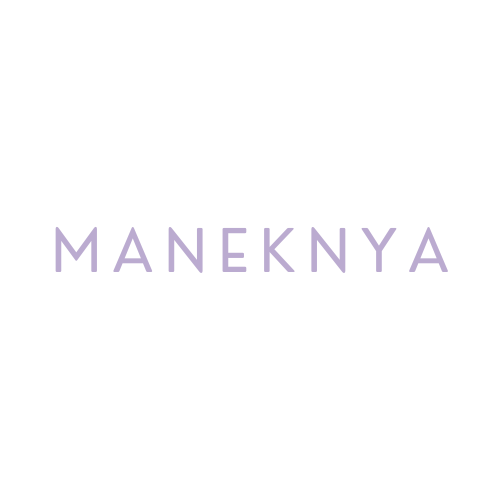History
Peranakan beaded shoes, also known as "kasot manek" in Baba language, are a traditional form of footwear that has been an integral part of Peranakan culture for centuries. These shoes are characterized by their intricate beading and embroidery, which is often done by hand and can take months or even years to complete. The shoes are made from a variety of materials, including velvet, satin, and silk, and are often decorated with a wide range of colors and patterns.
The history of Peranakan beaded shoes dates back to the 15th century, when Chinese traders settled in the Southeast Asia Archipelago (or called Nusantara; between Mainland Southeast Asia & Australia) and began to intermarry with the local population. The term 'Peranakan' in Indonesian & Bahasa Melayu essentially means locally born & refers to communities formed of mixed ethnic ancestry. Not all Peranakans are of Chinese ancestry. Non-Chinese Peranakans in the early 20th century include the Bugis Peranakans, Arab Peranakans, Java Peranakans & Javi Peranakans. In the Straits Settlements, there was also a small but significant community of Peranakan Indians known as Chitty Melaka.
In Malaysia itself, there are apparently nine different Peranakan communities including the Baba Nyonyas (Peranakans with Chinese ancestry) in Melaka and Penang, the Chetti in Melaka (Peranakans with Indian ancestry), the Jawi Peranakans (Peranakans with Arab ancestry), the Eurasians (Peranakans with European ancestry), and Kelantan and Terengganu Peranakans.
The shoes were traditionally worn by Peranakan women and were considered a symbol of status and wealth. They were often worn on special occasions such as weddings and festivals, and were often passed down from mother to daughter as heirlooms.
Shoemaking
The traditional method of making Peranakan beaded shoes involves the use of small glass beads, which are sewn onto the shoes by hand. The beads are sewn onto the shoes in intricate patterns, often using a needle and thread. The process is labor-intensive and requires a high level of skill and patience, as it can take several months or even years to complete a pair of shoes.
The patterns and designs used in Peranakan beaded shoes are often influenced by traditional Chinese and Malay motifs. Common motifs include the eight auspicious symbols, flowers, and birds. The colors used in the beading are also symbolic and have specific meanings. For example, red represents prosperity and happiness, while gold represents wealth and good luck.
Peranakan beaded shoes were traditionally worn by Peranakan women with traditional Peranakan clothing such as the kebaya and sarong. The shoes were often worn with other traditional Peranakan accessories such as beaded bags and jewelry.
In recent years, Peranakan beaded shoes have become increasingly popular as a symbol of Peranakan culture and heritage. Many traditional artisans still hand-make the shoes, and they are highly sought after by collectors and enthusiasts of Peranakan culture. In addition, modern versions of the shoes have been created by contemporary designers, who have reinterpreted the traditional designs and materials to create new and unique styles.
A Dying Art
Despite the popularity of Peranakan beaded shoes, the traditional art of making them is facing a decline. The process is labor-intensive and time-consuming, and many traditional artisans are aging and no longer able to continue the practice. In addition, the rising cost of materials and the increasing competition from mass-produced shoes has made it difficult for traditional artisans to make a living.
Efforts are being made to preserve and promote the traditional art of Peranakan beaded shoes, which is one of Maneknya mission. In addition, traditional beaded shoe-making workshops and classes are being offered (from time to time) to teach the skills to the next generation.
Aspiration
Maneknya's aspiration as a cultured shoe brand is to create footwear that seamlessly blends traditional craftsmanship with contemporary design, thereby preserving cultural heritage and promoting sustainable practices. We strive to empower artisans from underrepresented communities and create a positive impact on society through our products. We want our customers to feel proud of their choice, knowing that their purchase is not only stylish, but also supports a noble cause. We aim to create a brand that is not only fashionable, but also meaningful.
As of early 2024, some of our products are available in retail stores. We are currently stocked in over 10 stores in Malaysia (Klang Valley & Penang) and Singapore. Currently, some of our other products are in retail, including Tote Bags, Iron-On Patches, Bag / Hair Tie, Beaded Peranakan Pillows, Beaded Enamel Pin, and DIY Peranakan Beading Kit.
Maneknya aim is to redefine the realms of art and fashion (lifestyle specifically) by seamlessly merging contemporary elements with the rich cultural heritage of Nyonya Art of Beading. Through this fusion, Maneknya's aim is to create a unique and innovative artistic expression that people can relate to.
Feel free to drop us a note if you would like to purchase them!

